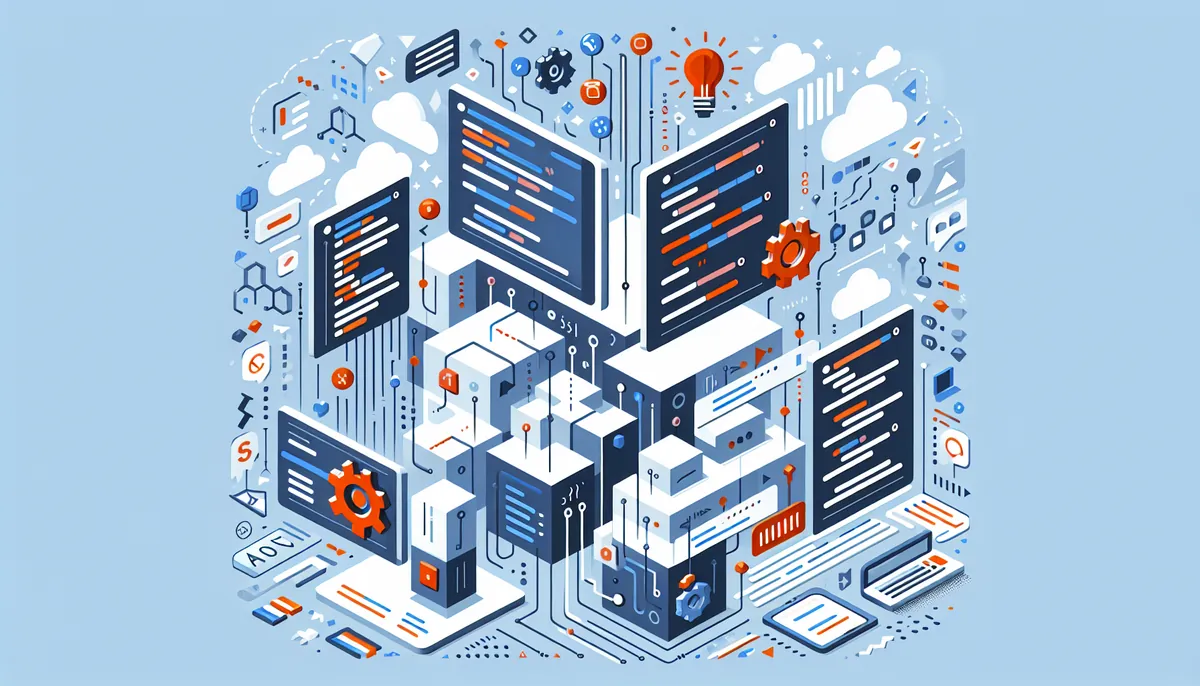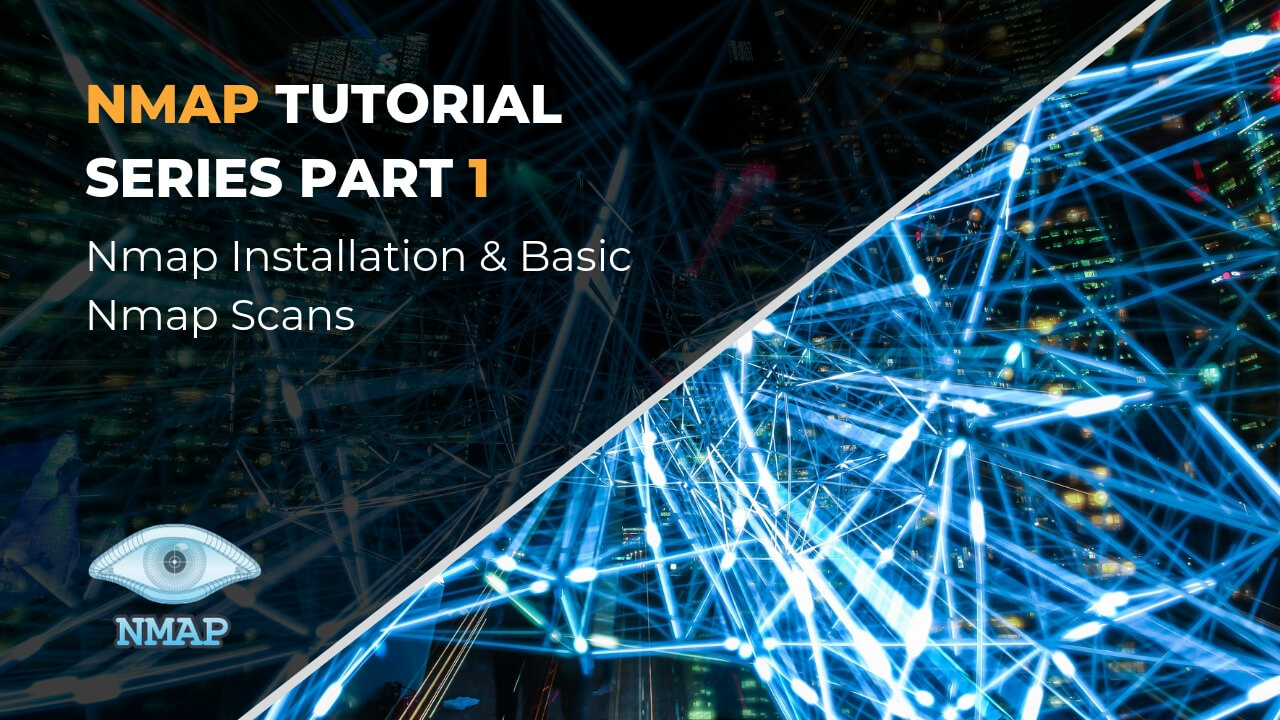TypeScript Object Methods: A Developer’s Guide to Better Class Design
Object methods are key components in TypeScript that add functionality to your classes and objects. Let’s explore how to implement and use them effectively to write better, more maintainable code. What Are Object Methods in TypeScript? Object methods are functions that live inside classes or objects. They define what your objects can do and how … Read more









